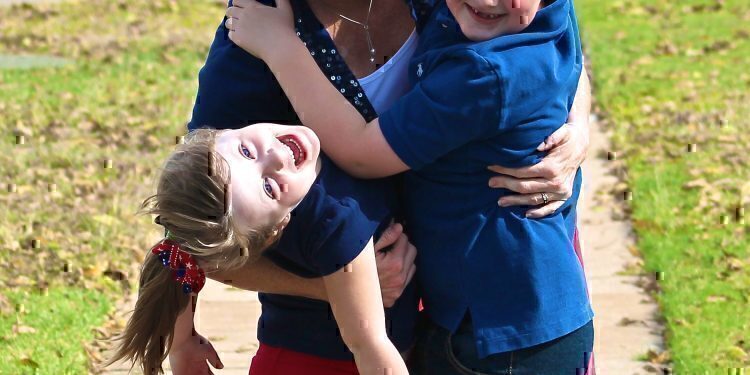As parents, we know that our behavior has an impact on our children. As military families, we assume that the “military life” has an even greater impact on them. With the frequent moves, deployments, new schools, establishing new peer groups and new routines; these factors mold our military children. However, in a study published by the Military Medicine and the Association of Military Surgeons of the United States, the most contributing factor to having a well-adjusted military child is the relationship with mom (or dad, depending on who the civilian parent might be.)
Conducted in 2003, the study states that having a good relationship with your children can become a buffer for the stressful factors the military family endures. Many factors are considered and reviewed in this study like the length of time in one location, the age of the child, peer groups and social behavior. The findings were fascinating to discover, but both heartbreaking and reassuring at the same time.
Frequent Moves Affect Military Kids
According to the study, military children who move more frequently experience a greater difficulty making new friends, have more difficulty in school and more emotional and behavior problems. However, researchers believe that the longer children have lived in one residence, the better their peer relationships and they (the children) report less loneliness.
Moving is a fact of life for many of us. Many military career decisions are based on upcoming assignments and relocating. Active duty members worry about the affect that changing schools or location may have on their children. Many choose to leave the service all together. While others decide to move to the next assignment alone, without the family, to ensure stability for their children. Most of our civilian counterparts never have to make these difficult decisions for their family.
The military life for a child can be more challenging depending on their age. If they have just entered school for the first time or they are in their adolescent years forming strong peer groups, the study suggests that these groups struggle more with relocation. Researchers believe these groups are vulnerable because of the development stage they are in. Both groups are struggling to separate from their parents at different stages. However, the study does explain some of the positive effects of being a military kid.
The study states, “…many adolescent children reported leaving friends, changing schools and navigating new surroundings as stressful, but the ability to start over and “recreate themselves” at a new location was perceived as positive. It was found that the more moves military children had experienced, the higher their participation in social activities. Thus, moving may promote the child’s learning to adjust to new situations.” This little fact just confirms what we already know about our kids and ourselves.








